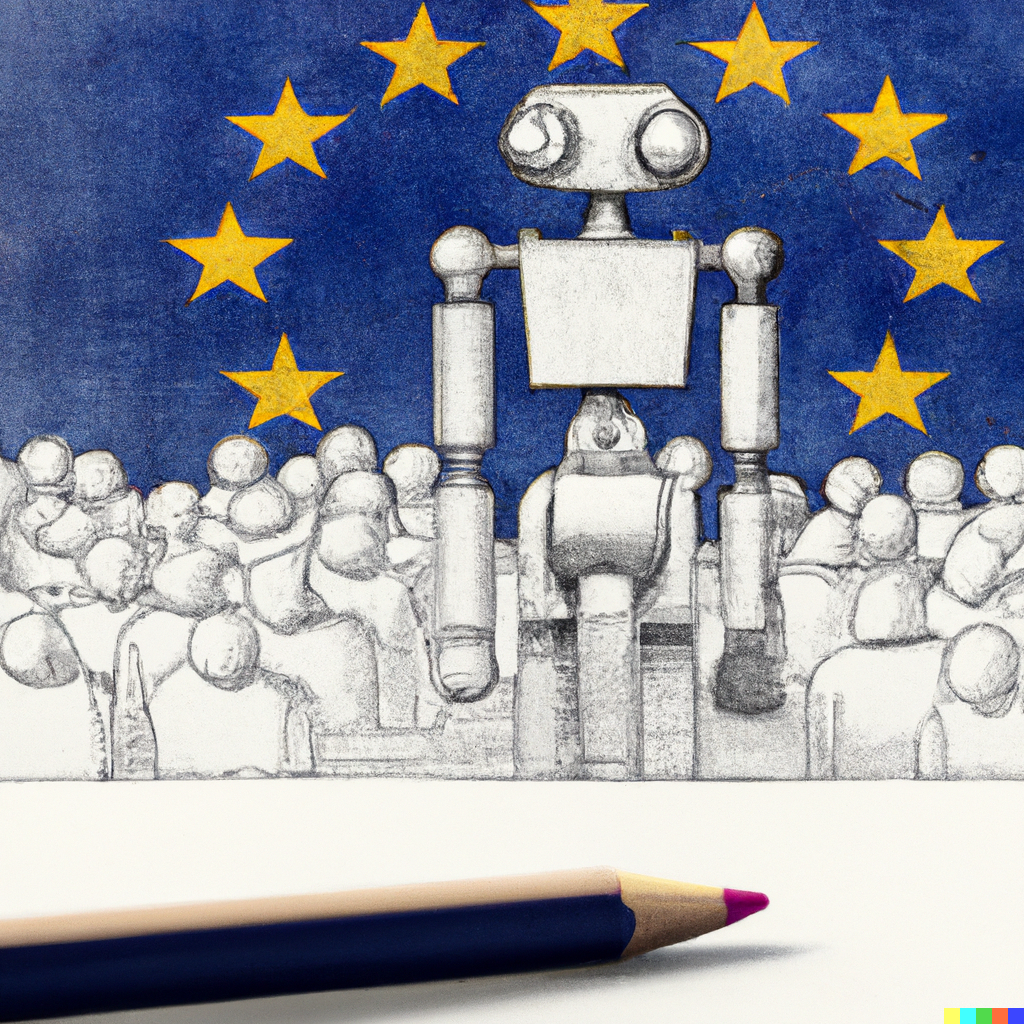OpenAI's Altman warns EU regulation may hold Europe back on AI development
OpenAI chief executive Sam Altman has issued a warning to Europe, cautioning that the continent risks falling behind in artificial intelligence (AI) development. Speaking at a panel discussion on AI at Berlin's Technical University, Altman expressed concerns about the potential impact of European regulations on AI advancement.
Altman specifically referenced the EU's "AI Act", which is considered a comprehensive regulatory framework for AI technology globally. Despite acknowledging the importance of complying with the law and respecting the European people's wishes, Altman also highlighted the economic and societal impacts that could arise from stringent regulations.
While emphasizing the benefits of different regulatory regimes, Altman stressed the necessity for Europe to keep pace with the rest of the world in adopting AI. He underlined the importance of enabling the deployment of AI products in Europe swiftly and efficiently.

EU Regulation and AI Development
The EU AI Act, enacted in March 2024, has set guidelines on the permissible use of AI tools. Certain tools, such as those facilitating facial recognition databases from online images or evaluating criminal risk based solely on biometric data, are deemed too risky and are prohibited.

Comparatively, the United States has been moving towards more relaxed AI regulations. President Donald Trump recently revoked oversight measures established by his predecessor, Joe Biden, for companies developing AI models.
In response to European data sovereignty requirements, OpenAI announced that it would allow some European customers to store and process data from interactions with its chatbots within the EU. This move aims to support organizations in Europe with their compliance needs.
Concerns and Optimism in AI Development
Altman expressed confidence in the continuous advancement of AI, dismissing concerns from some experts about the limitations of achieving artificial general intelligence (AGI). He believes that significant milestones in AI development will continue to surprise observers in the coming years.

OpenAI, known for its AI generative models, gained public attention with the launch of ChatGPT in 2022. The company plans to establish its first office in Germany, specifically in Munich, later this year.
Altman's insights will be further shared at an upcoming AI summit in Paris, organized by France to raise awareness and drive progress in AI across Europe.
Source: doc.afp.com, part of the BLOX Digital Content Exchange.




















